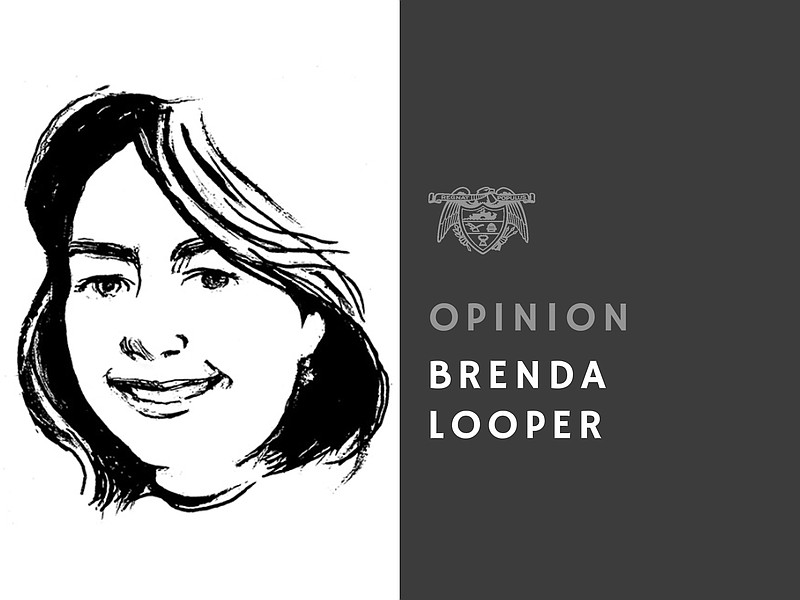Anonymity can be a wonderful thing. Going out with no one recognizing you or asking for anything is a luxury for some people, and you can just go through your day getting the same treatment as anyone else. Anonymity also protects whistle-blowers from retribution from employers.
Online, though, anonymity can be problematic. I'm not talking about the need to protect your privacy from trackers (there are specific apps and browsers that can help with that), but about anonymous posts on social media and elsewhere. Some people have legitimate reasons for posting anonymously online--harassment, job worries, etc.--but others ... not so much. When you're spending all your anonymous time online trolling, well ... it's time to re-evaluate your life.
While anonymity can protect some, it gives others license to abuse, harass, threaten, intimidate and spread misinformation without consequence. It can also be used for even more malicious purposes, such as hacking, drug trafficking or child exploitation.
I don't post anonymously anywhere (the closest you'll find is me posting as blooper13, blooper0223 or WhispererOfCats, all tied to my actual identity and easily found), but that's just the way I operate. I know that that makes me accountable for anything I post, and I'm fine with that. I don't post anything to really be embarrassed about. I've never felt the need to hide my identity for the purposes of abusing others because my mama raised me right.
Recently election officials in multiple states had to respond after X/Twitter users including Elon Musk amplified an anonymous account (End Wokeness) and its claim that a government website showed "skyrocketing" numbers of voters registering to vote without photo ID in three states. Social Security data was being distorted and actual voter registration was much lower than reported by the anonymous account.
"Yet by the time they tried to correct the record, the false claim had spread widely. In three days, the pseudonymous user's claim amassed more than 63 million views on X, according to the platform's metrics," The Associated Press reported. One of the election official posts correcting the misinformation only reached 2.4 million views.
"The incident sheds light on how social media accounts that shield the identities of the people or groups behind them through clever slogans and cartoon avatars have come to dominate right-wing political discussion online even as they spread false information," AP reported.
"The accounts enjoy a massive reach that is boosted by engagement algorithms, by social media companies greatly reducing or eliminating efforts to remove phony or harmful material, and by endorsements from high-profile figures such as Musk. They also can generate substantial financial rewards from X and other platforms by ginning up outrage against Democrats.
"Many such Internet personalities identify as patriotic citizen journalists uncovering real corruption. Yet their demonstrated ability to spread misinformation unchecked while disguising their true motives worries experts with the United States in a presidential election year."
As Americans have a long history of trusting whistle-blowers and anonymous sources, it's easy to exploit that and use it for nefarious purposes. It also helps that in the past decade or so, distrust in mainstream media sources has been sown widely. When you've been conditioned to not believe anything that doesn't come from favored sources, you'll believe just about anything those sources tell you, no matter how much actual evidence that it's not true is presented.
That's one reason people like me are so tired. But we can't let them wear us down.
Left-wing activists also sometimes post anonymously (as many did during the Occupy Wall Street protests), but the right-wing rise is more recent, and on X/Twitter, it's been protected and monetized. In March, AP reported, X banned people from exposing the identity of anonymous users. High engagement can earn those users money from its creator ad revenue program; End Wokeness reported earning more than $10,000 last July from the program.
Dale Beran of Morgan State University told AP, "The art of trolling is to get the other person enraged. And we now know getting someone enraged really fuels engagement and gives you followers and so will get you paid. So now it's sort of a business."
For those not getting paid to be utter asses online, what's the appeal?
One can argue that anonymity results in less discrimination and more honest discussion, but the fact that so many abuse it by fostering incivility and misinformation can't be overlooked.
For those of us who don't post anonymously (or at least for me), that should mean not rising to the bait set by anonymous trolls (I tend to defend others more than myself anyway), or passing along their information without checking it first, as we'll be held accountable for reposting it.
For those posting anonymously for no reason other than to abuse others? A new hobby would be a good start.
Assistant Editor Brenda Looper is editor of the Voices page. Email her at blooper@adgnewsroom.com. Read her blog at blooper0223.wordpress.com.
